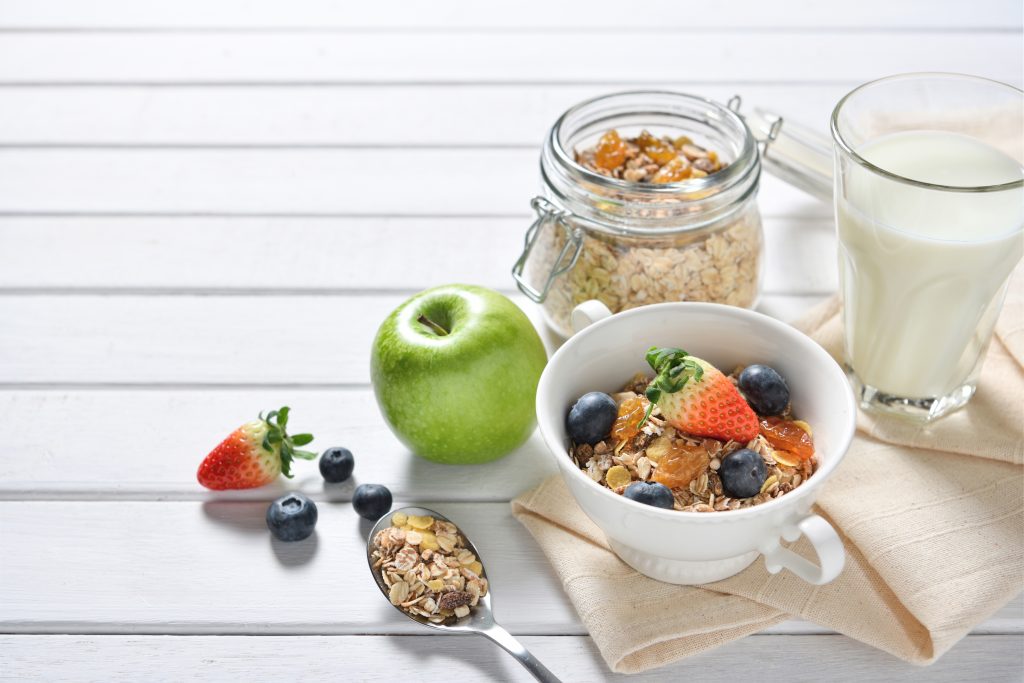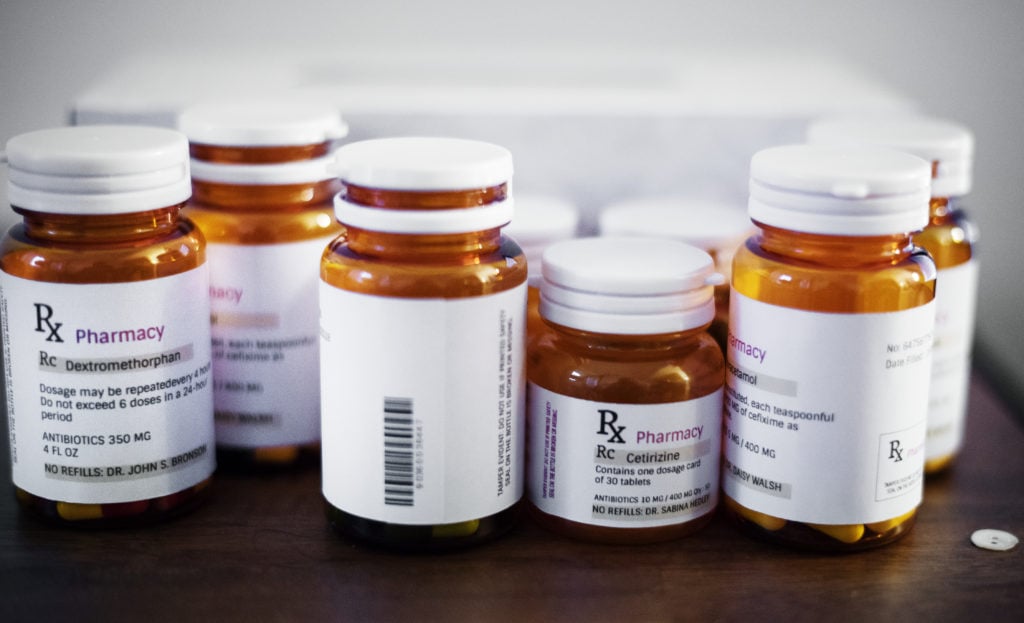The Pulse
New Year’s Resolutions: 10 Health Recommendations From the AMA
January 7, 2020
| Updated: May 13, 2020
Category: Healthcare Industry
IN A NUTSHELL:
- Important to take charge of your diet
- Know your blood pressure numbers
- Preventative action can have long-lasting impact
We are only a week into 2020, which means it is not too late to start or make a New Year’s Resolution that can have long-lasting improvements to your health in 2020 and beyond.
The American Medical Association (AMA) has 10 recommendations for a healthier new year:
- Learn your risk for type 2 diabetes: People can take a self-screening test at DoIHavePreDiabetes.org. Taking preventative action sooner rather than later can help prevent or delay the onset of type 2 diabetes.
- Be more physically active: It is recommended that adults should do at least 150 minutes a week of moderate-intensity activity, or 75 minutes a week of vigorous-intensity activity.
- Know your blood pressure numbers: People can visit LowerYourHBP.org to better understand blood pressure numbers and take necessary steps to get high blood pressure under control which will reduce the risk of heart attack or stroke.

- Reduce intake of processed foods, added sodium and sugar: It is recommended that people eat less red meat and processed meats, and add more plant-based foods, such as olive oil, nuts and seeds to their diet. The AMA also recommends people reduce their consumption of sugar-sweetened beverages and drink more water instead. Drinking sugary beverages, even 100 percent fruit juices, is associated with a higher all-cause mortality risk, according to a new study published in JAMA Network Open.
- Take any antibiotics exactly as prescribed: Antibiotic resistance is a serious public health problem and antibiotics will not make a person feel better if they have a virus, such as a cold or flu.
- If consuming alcohol, do so in moderation: The U.S. Dietary Guidelines for Americans recommends no more than one drink per day for women and two drinks per day for men.
- Talk with your doctor about tobacco and e-cigarette use and how to quit: People can declare their home and car smoke and aerosol-free to eliminate secondhand exposure.

- Pain medication safety: Anyone that is taking prescription opioids or other medications should follow their doctor’s instructions, store them safely to prevent misuse, and properly dispose of any leftover medication.
- Stay up-to-date on vaccines: This includes getting the annual influenza vaccine for everyone age six months or older. Anyone that is pregnant can receive the flu vaccine during any trimester, but should receive the Tdap vaccine early in the third trimester.
- Manage stress: A good diet, sufficient sleep, daily exercise and wellness activities, like yoga and meditation, are key ingredients to maintaining and improving mental health. However, no one should hesitate to ask for help from a mental health professional if needed.
Related Posts: